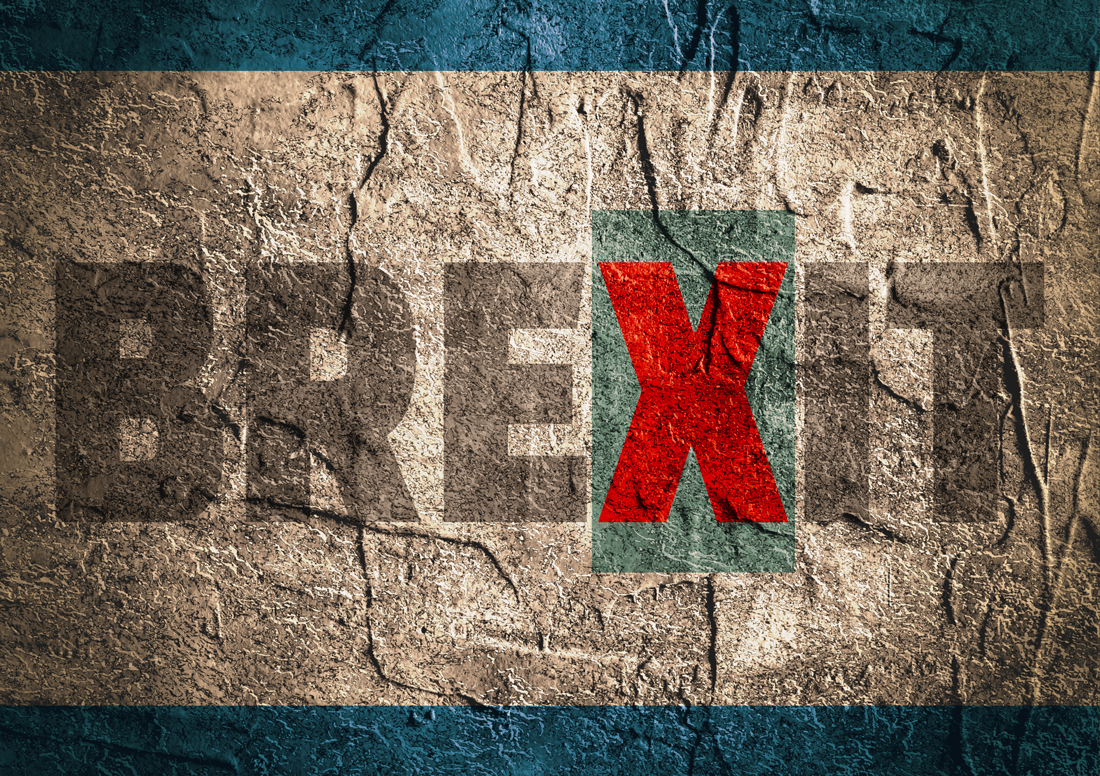Brexit Environmental Impacts: How Brexit Affects Our Environment

Brexit May Deeply Affect the Environment
The United Kingdom exiting from the European Union has created a huge snowball effect. Brexit has lead to uncertainty for many businesses in the UK and abroad. Not only does exit affect the economy but the environment as well. As a member of the EU, Britain was expected to follow the Circular Economy Package (CEP). The policy consisted of six bills on waste, packaging, landfill, end of life vehicles, batteries, and accumulators, and waste electronic equipment. Overall the CEP EU was created to encourage resources to be used in a more sustainable way. Early on, the UK rejected the policy, believing it would be too costly for businesses to implement. Since then the United Kingdom has lagged in adopting such standards.
The Effects of Brexit on the Environment
Sustainanalytics released a report, The Brexit: Assessing the ESG Implications, which speculated how the exit from the EU may affect the UK. The report highlighted nine areas of business corporate governance. The nine areas analyzed were climate change, human capital, product quality standards, healthy and safety, corporate governance, executive pay, intellectual property rights, recycling, and air pollution. The report discovered that air pollution and recycling would most likely be the areas that changed in the UK after Brexit.
What’s next for the UK?
What does all of this mean for UK recycling? Well since the country already was not abiding by the EU policy this may mean they will ditch the goals set by the plan. A full departure from the EU will take about two years. In that time, the UK can decide what is feasible for them. Although the cost of the green initiatives is pricey the long term effects of not implementing a sustainability plan will be worst for the environment.


